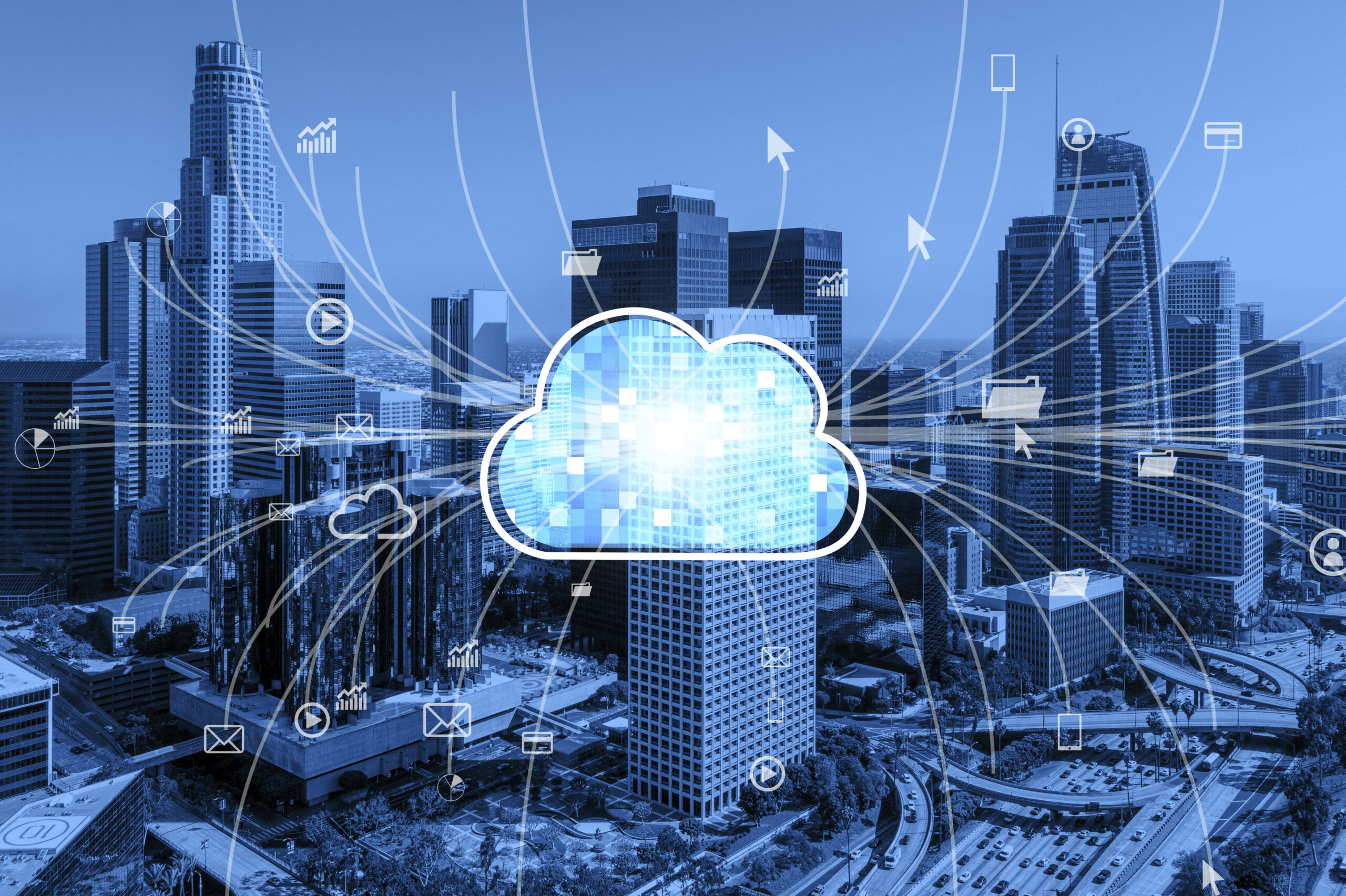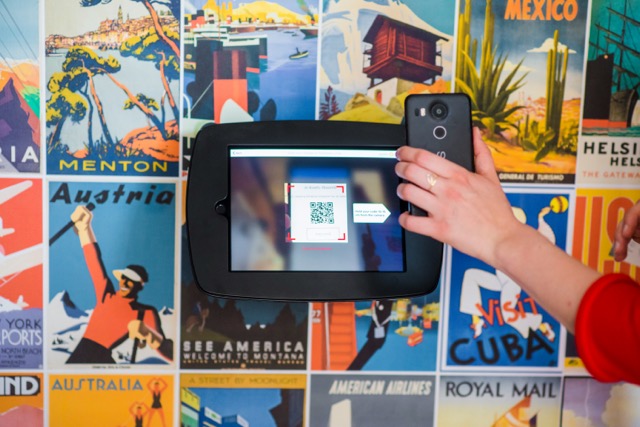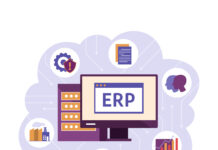Understanding the Need for ERP in Co-Working Spaces
The co-working industry has evolved rapidly over the past decade. With flexible work becoming the norm and startups, freelancers, and even large enterprises seeking agile workspaces, managing shared office environments has become increasingly complex. This is where a robust ERP (Enterprise Resource Planning) system for co-working spaces becomes indispensable.
A comprehensive co-working ERP software integrates diverse operations like membership management, billing, CRM, space booking, inventory, and facility management into a centralized platform. This not only simplifies the administrative overhead but also delivers a seamless user experience to clients and internal teams alike.
Key Features of ERP for Co-Working Spaces
1. Member Lifecycle Management
A powerful ERP co-working spaces should offer end-to-end member lifecycle management. From onboarding and identity verification to membership renewal and upgrade, ERP automates every stage. With custom membership plans, companies can personalize services based on the client’s preferences.
2. Real-Time Space Booking and Resource Scheduling
ERP solutions enable real-time desk, room, and facility booking, ensuring efficient utilization of available resources. Members can check availability, book through web or mobile apps, and even receive automated confirmations. Smart integrations with IoT and access control systems further streamline the experience by allowing contactless entry into booked zones.
3. Billing, Invoicing, and Payments
ERP platforms for co-working seamlessly handle automated billing, recurring invoices, pro-rata calculations, and tax compliance. Integration with multiple payment gateways ensures smooth financial transactions, while real-time financial dashboards provide transparency and control for space operators.
4. CRM and Lead Management
An embedded CRM module helps co-working operators manage leads, sales pipelines, and client communications. From inquiry tracking to proposal generation and conversion analytics, the CRM within ERP ensures no lead is left behind. This results in a higher conversion rate and improved customer satisfaction.
5. Visitor Management
Integrated visitor management systems within the ERP allow real-time tracking of guest entries, pre-scheduled visitor check-ins, and digital logbooks. This improves security while enhancing the visitor experience.
6. Inventory and Asset Management
From office supplies to IT assets, inventory tracking is vital for co-working efficiency. ERP systems track stock levels, flag low inventories, and help operators plan procurement. Asset depreciation, maintenance schedules, and ownership logs are also maintained within the platform.
7. Analytics and Reporting
ERP solutions come with advanced analytics capabilities that generate actionable insights. Operators can access real-time reports on space utilization, revenue streams, member engagement, and operational costs. This data-driven approach enables informed decision-making and strategic planning.
Benefits of ERP for Co-Working Spaces
Streamlined Operations and Reduced Manual Errors
ERP software centralizes and automates workflows across departments, reducing redundancies and manual errors. Administrative efficiency directly translates into a more scalable co-working operation.
Enhanced Member Experience
From seamless onboarding to real-time support and automated billing, ERP significantly enhances the user experience. Members enjoy convenience and consistency, which increases loyalty and retention.
Improved Financial Oversight
Real-time dashboards and analytics provide financial visibility, enabling operators to track revenue, expenses, outstanding dues, and profitability. This transparency helps in better budgeting and forecasting.
Scalability and Growth Enablement
As a co-working business grows across locations or cities, ERP systems scale effortlessly. Multi-location management, customized branding, and role-based access control support decentralized yet unified operations.
Regulatory Compliance and Data Security
ERP systems are built to ensure GDPR compliance, data encryption, and audit trails. These features are crucial in maintaining trust with members and meeting regulatory requirements.
Choosing the Right ERP for Your Co-Working Space
Cloud-Based vs On-Premise ERP
Most modern co-working ERPs are cloud-based, providing the flexibility of remote access and minimal infrastructure requirements. However, businesses with specific security mandates may opt for on-premise installations. The key is to choose a model that aligns with your operational goals.
Customization Capabilities
The ideal ERP should offer modular features and be easily customizable to fit your brand’s unique workflows. White-labeling options and API integrations further ensure a tailored solution.
Integration with Third-Party Tools
Ensure the ERP integrates with essential tools like Slack, Zapier, QuickBooks, HubSpot, Zoho, and Google Workspace. Seamless integration reduces switching between platforms and enhances productivity.
User Training and Support
An ERP system is only as good as its usability. Opt for a vendor that provides comprehensive onboarding, training materials, and 24/7 customer support to ensure your team gets the most out of the system.
Top ERP Software for Co-Working Spaces in 2025
Here’s a look at some of the leading ERP solutions designed for co-working spaces:
- Nexudus – One of the most mature platforms in the space, known for its comprehensive features and multi-location management.
- OfficeRnD – Offers a user-friendly interface with strong CRM and billing modules.
- Yardi Kube – Combines real estate ERP with coworking functionalities, best for large-scale operators.
- Cobot – Known for simplicity and ease of use, ideal for smaller coworking spaces.
- Wybrid – An emerging platform from India, tailored for hybrid workspaces and coworking, offering automation with regional customizations.
Future of ERP in Co-Working: AI, Automation, and Beyond
With the rise of artificial intelligence and machine learning, ERP systems are becoming smarter. Predictive analytics will forecast occupancy trends, while AI-powered chatbots will handle member queries. Automation will further reduce human intervention in routine tasks, allowing staff to focus on community building and strategic expansion.
Conclusion
The co-working industry thrives on flexibility, efficiency, and experience. Implementing an advanced ERP system for coworking management is no longer optional—it is essential. By choosing the right ERP, operators can unlock operational excellence, financial transparency, and unmatched member satisfaction.












